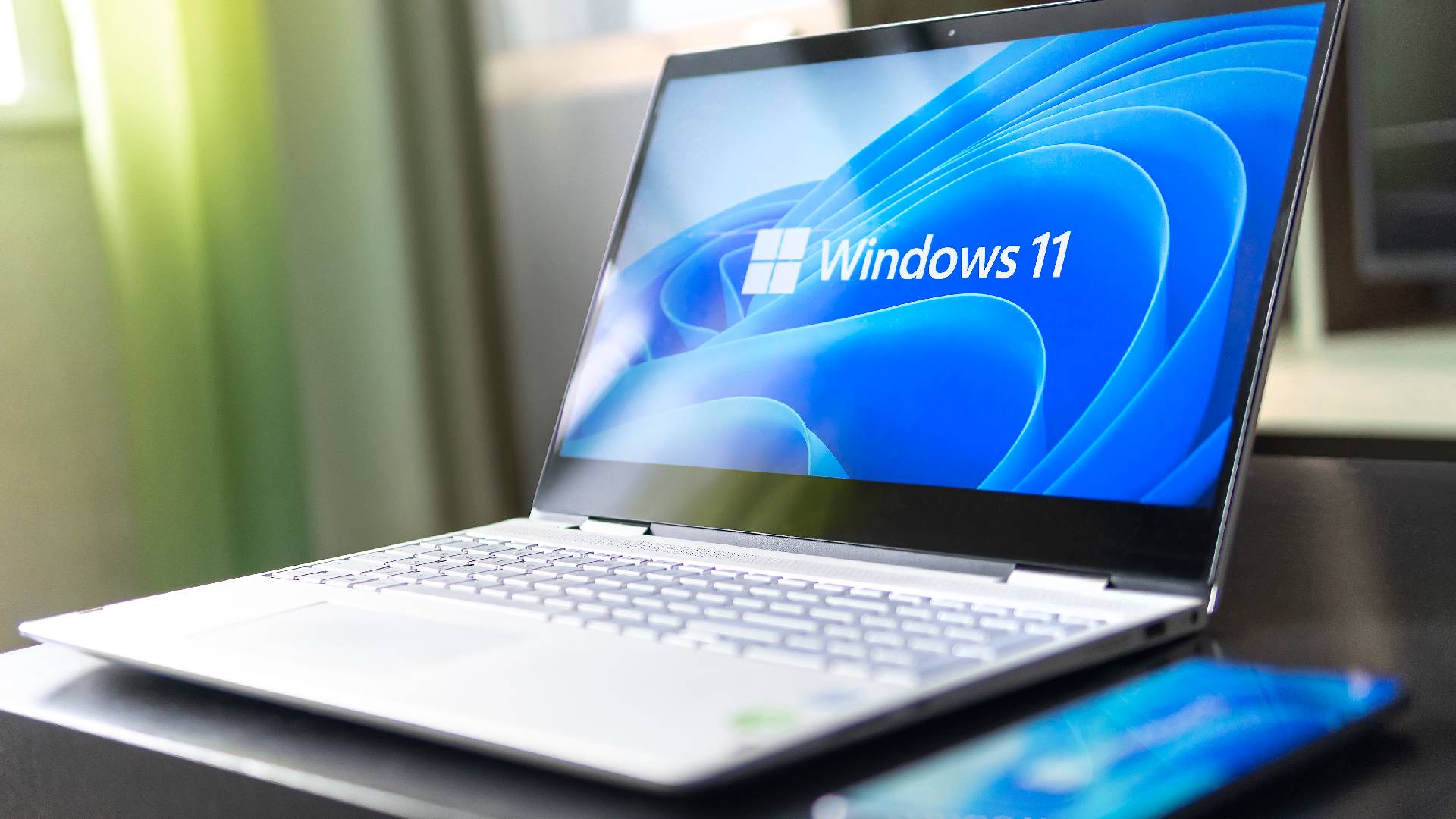Windows 11’s Start menu search gets new, clearer labels, as Microsoft tries to avoid EU regulation trouble
Windows 11 Start menu tweaks give users in Europe more search control

Sign up for breaking news, reviews, opinion, top tech deals, and more.
You are now subscribed
Your newsletter sign-up was successful
- Microsoft is modifying Windows 11 search in the EEA to comply with the EU’s Digital Markets Act
- Start Menu search now separates local on-device results from web results, which remain powered by Bing
- Other DMA-driven changes include uninstalling Edge and disabling Bing search, but only for EEA users
Microsoft is tweaking Windows 11’s search feature in the Start menu for users in the European Economic Area (EEA) to comply with new EU rules (specifically the Digital Markets Act, or DMA). Normally, when you search in the Start menu, Windows 11 shows results from both your computer and the internet (using Microsoft’s search engine, Bing). But now, it looks like Microsoft will make those search results more obviously separate.
MSPowerUser reports that the change can be seen in a new Windows 11 Insider Preview Build, build number 27764. One Windows Insider and X poster @alex290292 shared a screenshot showing this new Start menu user interface (UI) with two sections in the search window; one labelled “Windows” and the other “Web search from Bing” (note that their Windows 11 language is set to German).
The search will soon differentiate between “Windows” and “Web search from Microsoft Bing”. pic.twitter.com/gLODnEnaeUDecember 11, 2024
Windows 11's search shake-up after a nudge from the EU
This change follows several other updates that give users more control over how they use Windows 11, including the introduction of custom web search providers’ results into Windows Search, and the ability to uninstall Microsoft Edge (the default web browser that comes preinstalled in Windows 11) from their device and disable Bing web search. These changes were also brought in to comply with the DMA, so while the EU isn’t letting up on its regulatory stance, Microsoft is playing ball for now.
The EU’s Digital Markets Act (DMA) is a set of rules designed to keep big tech companies from using their dominance to box out competition. Since Windows is hugely popular, Microsoft has to play fair and not use it as a way to force people into using its other services, like pushing Bing and Edge instead of letting users choose their own search engine or browser. That’s where the DMA steps in: to make sure companies like Microsoft don’t unfairly steer users toward their own products when they should be offering real choices.
Another intriguing change that we can expect to Windows 11’s Start menu soon is when you right-click on an app pinned there, you’ll see new ‘jump lists’ that pop up. As explained by MSPowerUser, a jump list is a flyout menu that provides quick access to recent files, folders, or tasks associated with an app by right-clicking its icon on the taskbar or Start menu.
Microsoft’s decision to separate Windows 11’s local and web search results might seem like a straightforward tweak, but it also highlights the company’s reluctance to make a simple change like this without being given a reason to by an external influence (in this case the EU). Integrating Bing tightly into Windows 11’s search features seems motivated by Microsoft’s business ambitions, namely wanting to direct more user traffic to Bing in the hopes of increasing user engagement with Microsoft services and getting higher ad revenues. Closing the gap with market leader Google is also likely an ambition of Microsoft.
Separating Windows 11’s search results may be effectively disrupting these aims a little, but it’s in the interest of supporting greater user choice.
Sign up for breaking news, reviews, opinion, top tech deals, and more.

A welcome tidy-up (but only in Europe)
The fact that this update only applies to the EEA suggests that Microsoft isn’t keen on rolling it out more widely, likely because it would reduce the passive traffic Bing receives from Windows 11 users worldwide. From a user perspective, this change is a welcome improvement, particularly for those frustrated with how cluttered and inconsistent the Start menu search can feel.
The primary concern with the current setup is that it combines local and web results in a way that might not always serve users’ best interests.
Searching for a file or app on your PC, only to be met with a mix of content that's actually on your device and web suggestions (which often feel irrelevant) can be more distracting than helpful. By giving users a clearer distinction between on-device and online results, this change ensures that Windows Search serves its intended purpose, in particular finding what you need on your PC first, rather than acting as a disguised gateway to Microsoft’s services.
YOU MIGHT ALSO LIKE...
- Microsoft quietly removed its instructions for installing Windows 11 on an unsupported PC – is this something to do with the 24H2 update?
- Has the rush to upgrade to Windows 11 just begun? New stats show a marked uptick as Windows 10 End of Life looms later in 2025
- I'm absolutely sick of Microsoft's Windows 11 24H2 update, as it's now causing Bluetooth and webcam issues
Kristina is a UK-based Computing Writer, and is interested in all things computing, software, tech, mathematics and science. Previously, she has written articles about popular culture, economics, and miscellaneous other topics.
She has a personal interest in the history of mathematics, science, and technology; in particular, she closely follows AI and philosophically-motivated discussions.
You must confirm your public display name before commenting
Please logout and then login again, you will then be prompted to enter your display name.